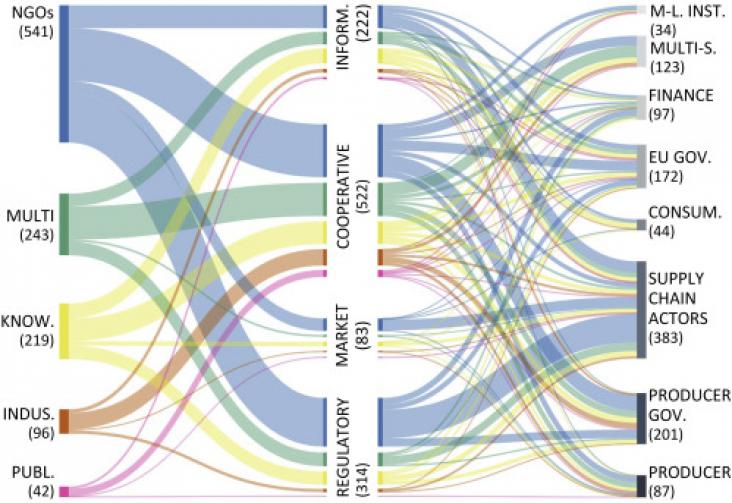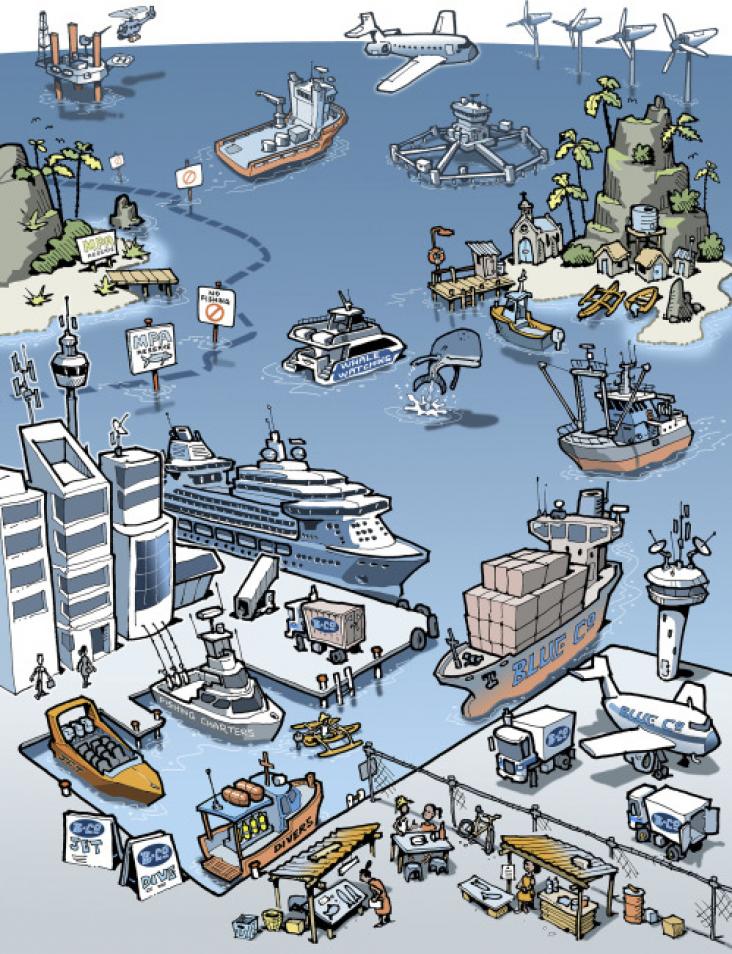
Antigoni Faka, Konstantinos Tserpes, Christos Chalkias, Chapter 10 - Environmental sensing: a review of approaches using GPS/GNSS, Editor(s): George p. Petropoulos, Prashant K. Srivastava, GPS and GNSS Technology in Geosciences, Elsevier, 2021, Pages 199-220, ISBN 9780128186176, https://doi.org/10.1016/B978-0-12-818617-6.00013-5.
Comparative Biochemistry and Physiology Part - C: Toxicology and Pharmacology, Volume 239, January 2021
Functional Foods and Nutraceuticals in Metabolic and Non-communicable Diseases, 2022, pp 707-723


Maintaining or restoring connectivity among wildlife populations is a primary strategy to overcome the negative impacts of habitat fragmentation.
